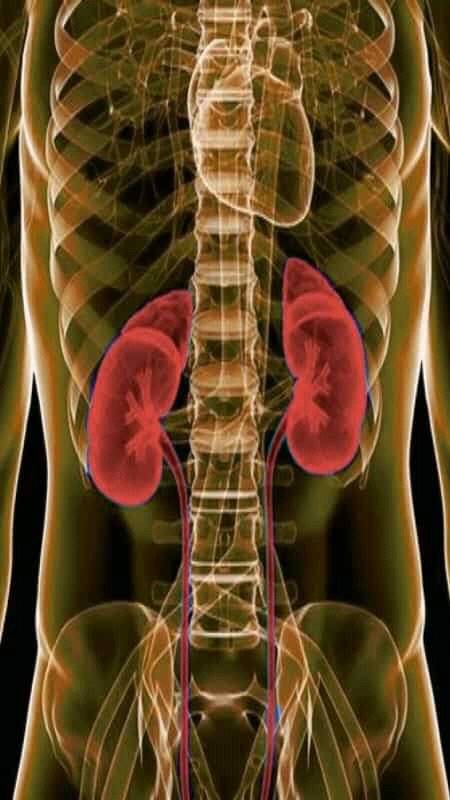HIV (Human Immunodeficiency Virus) is a serious health condition that affects millions of people around the world. It's important to know the signs and symptoms of HIV to seek timely medical attention and treatment if needed. However, HIV doesn't always present noticeable symptoms, and many people may be unaware of their infection. Here are some signs and risk factors that can indicate you may have contracted HIV unknowingly:
**Common Initial Signs of HIV:**
1. **Flu-Like Symptoms:** In the early stages of HIV infection, some people experience flu-like symptoms, which can include fever, chills, fatigue, muscle aches, and swollen lymph nodes. These symptoms may occur within a few weeks of infection but are often overlooked or attributed to other illnesses.
2. **Rash:** A skin rash is another potential early symptom of HIV. It can be red or brown and may appear on any part of the body. Rashes associated with HIV can be itchy and resemble eczema.
3. **Sore Throat and Mouth Sores:** HIV can lead to a persistent sore throat, as well as mouth ulcers and sores. These symptoms can be uncomfortable and may last for an extended period.
**Signs of Advanced HIV Infection:**
4. **Weight Loss:** Unexplained and significant weight loss is a common symptom of advanced HIV infection. This weight loss may be accompanied by muscle atrophy and a general decline in health.
5. **Chronic Fatigue:** Fatigue that is severe and long-lasting can be a sign of advanced HIV. This fatigue can interfere with daily activities and is often not relieved by rest.
6. **Night Sweats:** People with advanced HIV infection may experience night sweats, which can be severe and disrupt sleep.
7. **Swollen Lymph Nodes:** Enlarged lymph nodes can be a sign of HIV. Lymph nodes are part of the immune system and can become inflamed when the body is fighting an infection.
8. **Recurrent Infections:** People with HIV are more susceptible to various infections, including respiratory infections, yeast infections, and bacterial infections.
9. **Diarrhea:** Chronic diarrhea that lasts for more than a month is another common symptom of advanced HIV infection. It can lead to dehydration and nutritional deficiencies.
**Neurological Symptoms:**
10. **Neurological Issues:** As HIV progresses, it can affect the nervous system, leading to symptoms such as memory problems, difficulty concentrating, and numbness or tingling in the hands and feet.
**Other Signs and Risk Factors:**
11. **Unprotected Sex:** Engaging in unprotected sexual intercourse with multiple partners, or with a partner whose HIV status is unknown or positive, increases the risk of HIV transmission.
12. **Sharing Needles:** Using shared or unclean needles for drug use or medical procedures can expose you to HIV if the needles are contaminated.
13. **Sexually Transmitted Infections (STIs):** Having other STIs, such as syphilis, herpes, or gonorrhea, can increase the risk of HIV transmission as these infections can create open sores or inflammation that makes it easier for HIV to enter the body.
14. **Mother-to-Child Transmission:** If a pregnant woman with HIV does not receive proper medical care and preventive measures, the virus can be transmitted to her child during childbirth or breastfeeding.
15. **Blood Transfusions:** While the risk of HIV transmission through blood transfusions is now very low due to stringent blood screening, it's a potential risk if blood products are not adequately screened.
It's important to note that HIV affects individuals differently, and not everyone will experience noticeable symptoms, especially in the early stages of infection. Some people may remain asymptomatic for a long time. This makes regular HIV testing, especially if you are engaging in high-risk behaviors or have potential exposure, crucial in diagnosing the infection. Early detection and prompt medical care can help manage the virus and prevent it from progressing to AIDS (Acquired Immunodeficiency Syndrome).
If you suspect you may have contracted HIV or are engaging in behaviors that increase your risk, consider seeking medical advice and HIV testing. Remember that HIV is a manageable condition, and with early diagnosis and proper medical care, individuals with HIV can live healthy and fulfilling lives. Prevention, education, and responsible sexual behaviors are essential in reducing the risk of HIV transmission.



No comments yet
Be the first to share your thoughts!